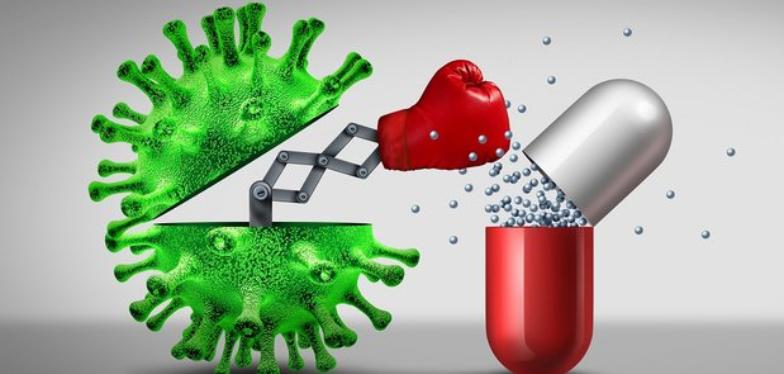UCLouvain: bacteria caught in the act
Thanks to 3D images of our defence system, researchers at the University of Louvain (UCLouvain) have made a discovery that paves the way for the development of new, more effective antibiotics.

Antibiotics render bacteria inactive by blocking their proteins. However, the bacteria are developing resistance mechanisms. Although antibiotics have for years reduced the mortality rate from infectious diseases, their excessive use has caused the bacteria to become resistant. Antimicrobial resistance in bacteria therefore constitutes one of the biggest threats to global health. According to WHO, the world is gradually heading towards a post-antibiotic era in which common bacterial infections that can be treated today will become deadly again.
Therefore, we must urgently find new ways of strengthening our defence system. That’s exactly what the researchers at UCLouvain have managed to do by obtaining images of BAM proteins in action through crystallography. BAM proteins make up an essential element of our defence system as they build perimeter walls that ensure the survival of certain bacteria. By blocking the proper functioning of BAM, we could prevent these bacteria from building their protective external perimeter walls, thereby killing them.
This antimicrobial resistance discovery contributes to the global effort to address the problem of bacterial drug resistance.